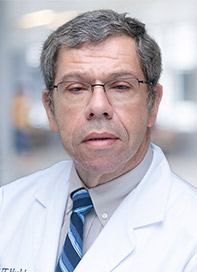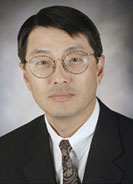Cardiothoracic Surgeons in San Antonio
University Health offers a comprehensive heart surgery program treating cardiac diseases of adults and children. Our heart and vascular surgeons want to offer you the treatment option that’s most effective for correcting your heart problem. Sometimes that answer is heart surgery, and we offer a variety of surgical procedures to handle our patients’ needs. We are equipped to handle even the most challenging and complex cases.
In addition to these surgical procedures, our partnership with UT Health San Antonio puts our cardiologists on the leading-edge of the latest research and innovative procedures. As medical technology rapidly improves, we are ready to implement new and safe procedures to offer our patients the most effective treatments available. We are always looking for opportunities to better serve our patients and improve their quality of life.Your First Appointment
We understand that having signs of an unhealthy heart can be stressful. We are here to help you make sense of your symptoms and what may come next. From your first visit with your cardiologist to ongoing care — we are by your side.
What to Bring
- A list of your symptoms, when you notice them and what makes them better or worse
- A list of your current medications, including over-the-counter medicines and supplements
- A list of medications you have tried in the past, and the reason you no longer take them
- Information about any family history of heart problems or other risk factors you have
- A list of questions you want to ask your cardiologist
Questions to Ask Your Cardiologist
Our cardiologists welcome any questions you may have about your heart condition, the treatment options we offer and how to get started down the path to a healthier heart. We are your partners, and we invite you to take an active role in your heart health.
- Do my symptoms indicate I have a heart problem?
- What kind of tests do I need to have? What answers will these tests provide?
- What should I expect during my test? What’s the risk of complications?
- What treatment options are available for me? What are the risks and benefits of each one?
- What symptoms might indicate that my heart condition is getting worse?
- What’s my risk of having another heart problem in the future?
- What changes can I make in my life to improve my heart health?


